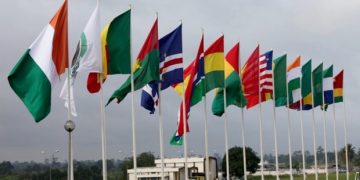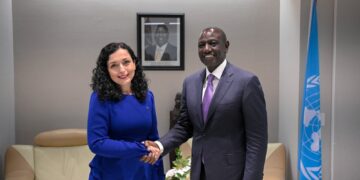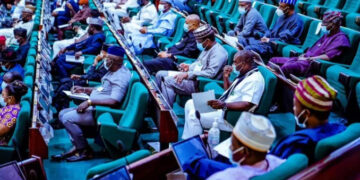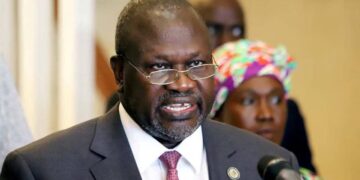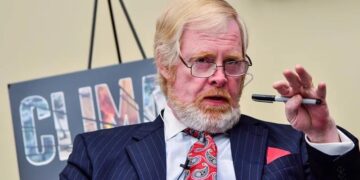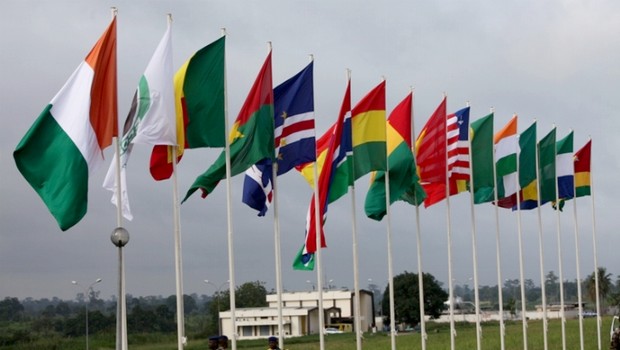By Lucy Adautin
The Economic Community of West African States (ECOWAS) is close to introducing a specialized fund for the energy and transport sectors by the conclusion of 2024.
The objective is to address a financing shortfall surpassing $12 billion each year in infrastructure across the integration area. Regional authorities intend to utilize this fund, situated at the ECOWAS Bank for Investment and Development (EBID), as a financial tool to tackle the infrastructure deficit in the energy and transport domains.
April 4 saw Sédiko Douka, the ECOWAS Commissioner of Infrastructure, Energy, Mines, Water, Digitalization, and Postal services, announced at the opening of the first ECOWAS Investment Forum (EIF) the intention to effectively launch the ECOWAS Development and Financing Fund for Transport and Energy Sectors (FODETE) by year-end. The initiative, approved in Abuja, Nigeria, on June 22, 2009, has experienced significant delays but gained momentum amid regional tensions between 2020 and 2022.
According to Douka, the fund, backed by ECOWAS Heads of State and Government, will be financed by a levy on products exported by member countries. Targeted products include agricultural, mining, oil, and gas exports, as discoveries of significant reserves have multiplied in recent years.
READ ALSO: Iran Launches Hundreds Of Direct Drone Strikes At Israel
“We have conducted thorough simulations based on data from these products, and the results show the capacity to mobilize up to $450 million annually,” Douka stated, speaking on behalf of the President of the ECOWAS Commission.
The fund is dedicated to improving and developing critical infrastructure in the transport and energy sectors, crucial for economic growth and regional integration. Its management will be entrusted to the EBID to ensure efficient and transparent administration.
The Lome-based bank, ECOWAS’s financial arm with commitments reaching $4 billion this year, allocates 50% of its financing to integration infrastructure projects, particularly in energy and transport.
However, it remains unclear if a regional consensus has been reached among countries, especially in times of regional tensions, with some members recently excluded from decision-making and reflection bodies. The levy rate has not been disclosed.
